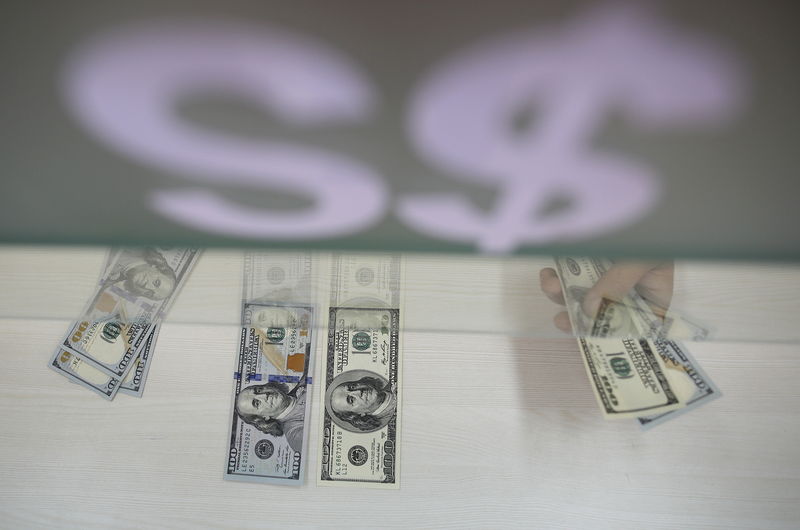(Bloomberg) -- The Bank of England isn’t close to negative interest rates despite the resurgence of the coronavirus reinforcing downside risks to the U.K. economy, according to Governor Andrew Bailey.
While the bank has “looked hard” at rate cuts and negative rates are in the toolbox, planned technical work on the policy is to examine whether it can be implemented rather than a signal it is coming, he said.
The pound pared most of its earlier decline on that comment. It was down 0.2% at $1.2791 at 9:10 a.m London time. Investors pushed back bets on a rate cut to May, compared with earlier speculation that it would happen in March.
Bailey spoke in a webinar shortly after the government urged people to work from home again if possible, reversing its drive to get employees back into workplaces. Prime Minister Boris Johnson will announce a fresh wave of restrictions later on Tuesday to help control the coranavirus.
The U.K. is heading into the final few months of 2020 facing renewed economic pain from virus restrictions, a possible spike in unemployment as wage-support programs end, and a potentially messy Brexit at the end of the year.
Policy makers are already predicted to expand their bond-buying plan in November. Bailey said that the economy remains 7-10% smaller than it was before the crisis, and the “hard yards” remain ahead.
The recovery has been rapid so far and slightly better than expected in the third quarter, but it has been a “very uneven story” and unemployment is higher than reported.
Economists have argued that the upcoming stress warrants more monetary stimulus from the BOE. The bank’s current economic projections, which see a recovery pre-crisis levels next year, are based on an easing of virus uncertainty and avoiding a nationwide lockdown.
Shutdown Hit
Johnson is set to announce hospitality venues across England will have to close by 10 p.m. from Thursday and will be limited to table service only as ministers clamp down on socializing. Some lawmakers have called for more severe measures, included a short lockdown to stem the rise in infections.
JPMorgan Chase (NYSE:JPM) estimates that a two-week shutdown of the U.K. hospitality sector could knock at least 2% off the nation’s gross domestic product. While that’s far less severe than the record 20% contraction seen during the widespread lockdown earlier this year, it could stifle the U.K.’s recovery, which Bailey said had so far been “quite rapid” and stronger than officials predicted.
The measures may also worsen an expected jump in unemployment when government support programs expire next month. Bailey said labour demand is currently weak, and, in one sign of the challenges ahead, U.K. hotel operator Whitbread (LON:WTB) Plc said Tuesday it plans to cut as many as 6,000 jobs, or 18% of its workforce.
©2020 Bloomberg L.P.

